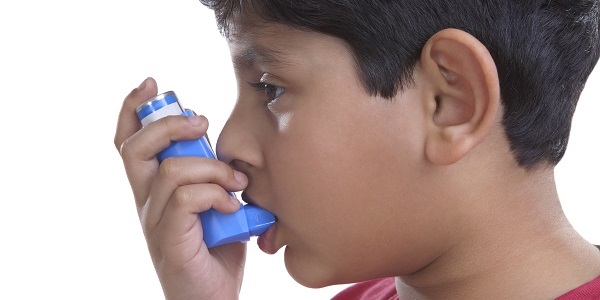Did you know?
Wildfires are common in Los Angeles County and can harm communities near and far. Smoke from wildfires can drift hundreds of miles and some people, like those living in urban areas, are more likely to experience poor health on smoky days. There are many steps you can take to protect yourself and your family from smoke.
You can be exposed to and breathe in smoke without even seeing or smelling it. Smoke contains very small particles and chemicals that are harmful to everyone, but especially people with heart and lung conditions, the elderly, and children.
Exposure to smoke can result in immediate health impacts for anyone. Health impacts can range in severity from irritation to your eyes, nose, and throat to more severe issues like asthma attacks and chest pain. It can even lead to premature death.
Reduce your smoke exposure. Limit how much smoke you inhale.
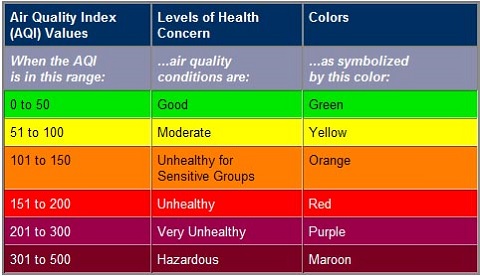
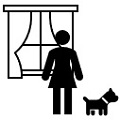
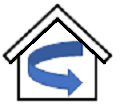
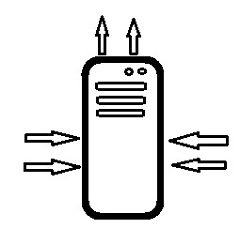

During a wildfire certain people might experience health symptoms earlier and at lower smoke levels. People with heart or lung disease (including asthma), the elderly, children, pregnant women, and people who do outdoor work should take extra precautions as they may be more likely to experience poor health if they breathe in smoke.
